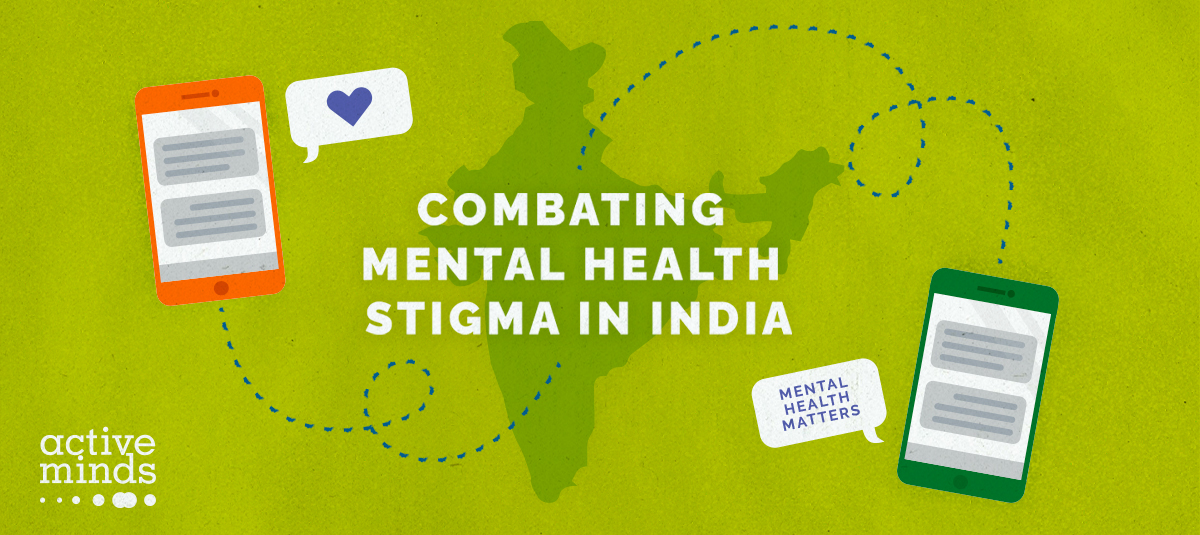When I was 10 years old, my aunt used to take me for a walk to the nearby park, and before going there, I was always warned not to go near this lady. My aunt told me she had some “special unnatural problems.” Before learning about the different problems people may have due to their mental health and how the stigma associated with it discourages people from seeking treatment, I had no idea what she was trying to convey to me. It became clear to me that the lady my aunt cautioned me about was suffering from a mental health issue and thus alienated from our community in India.
I have always believed in the quote, “Education begins at home,” and thus, the stigma starts here, too. Adults instruct children to keep away from those who are experiencing mental health problems. This leads to a vicious cycle passed on from generation to generation in a community, thus shunning conversations concerning mental health. Children tend to believe their family members the most, and if adults do not foster open discussions, the same prejudices and stigma are internalized again.
Conversations with people are helpful as they play a vital role in breaking barriers and clearing misconceptions about mental health. Young adults in India work hard to create a safe space where people feel confident to discuss their experiences or stories of their close ones suffering from mental health issues. Sometimes people find it easier to share with people who are unknown to them as there is no fear of judgment. Thus social media has risen to be a powerful tool continuously utilized to spread awareness and amplify the voices and experiences of those affected.
We switched to online instruction in my junior year of high school due to the outbreak of the COVID-19 pandemic, and everything changed in a blink of an eye. Along with school, all my extracurricular classes also shifted online. I appreciated the administration’s initiative for us students during that time. They understood that it was a significant change for all, especially those who were struggling with personal problems, and they reached out to us students and conveyed that if any of us were struggling with issues that were affecting our well-being, we should immediately reach out and inform the concerned people who would try their best to help us.
This initiative made me glad, and at the same time, it saddened me to see that students pursuing that class did not take it seriously. One of the main reasons why students did not utilize these opportunities is that they did not believe their problems would be given the attention they deserved. By being an active member of that community, I noticed my classmates’ distrust of an initiative specially designed to support them. This is a common issue faced in many educational institutions, and it highlights the need to take a more proactive approach to fostering trust among students regarding their mental health. This will help ensure the upcoming generations do not develop the same distrust.
Consistent communication is an essential factor to consider in the future. Mental health does not only become important during exams or when a situation like the COVID-19 pandemic arises. Discussions regarding mental health and access to support should be integrated into the school curriculum, and students should be allowed to interact with their peers, counselors, teachers, and others who can provide personalized support and emphasize the importance of mental health to students and also their families.




